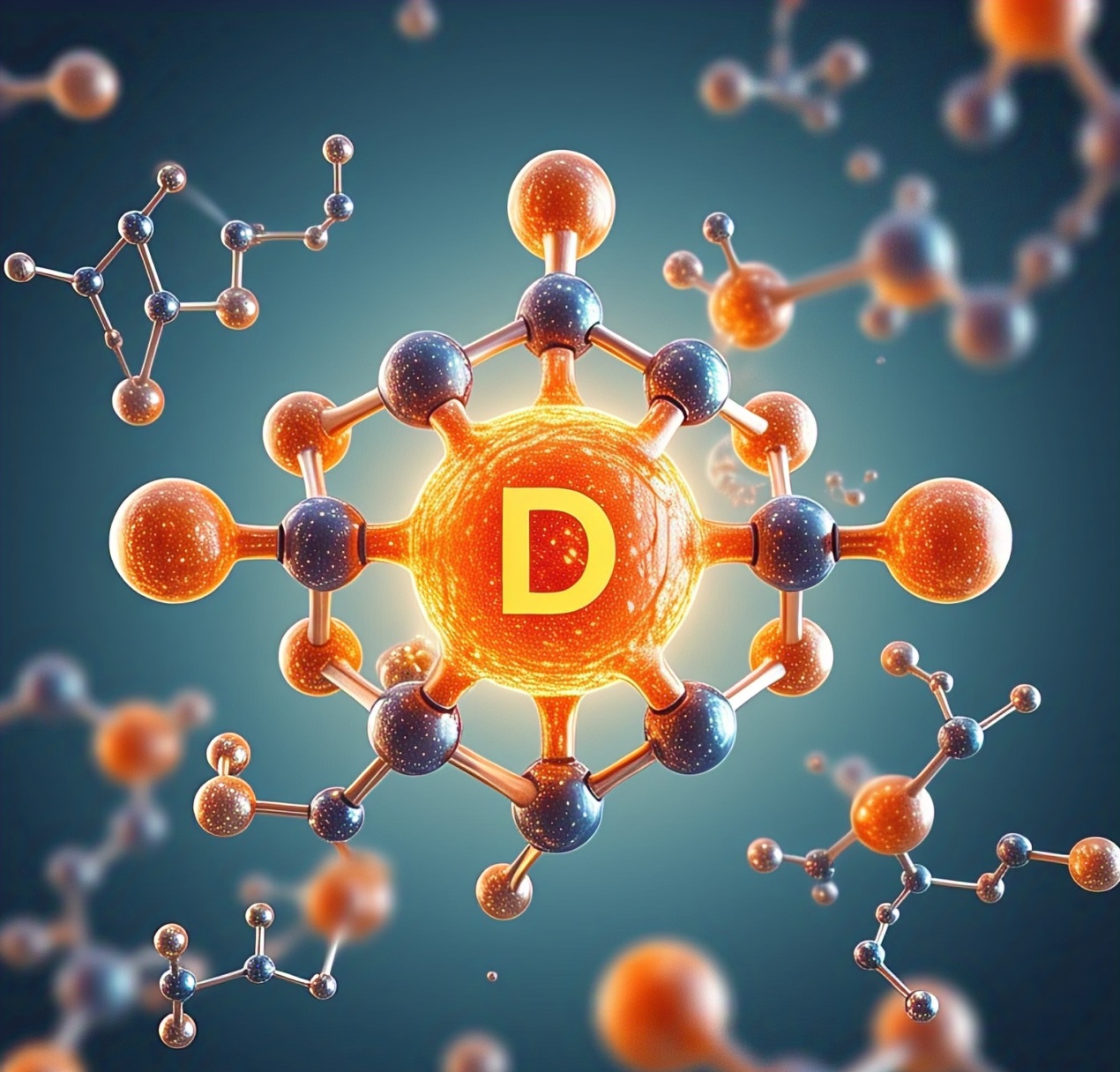The Importance of Vitamin D for Health: A Complete Guide

Vitamin D, often referred to as the “sunshine vitamin,” plays a crucial role in maintaining overall health and wellness. While most people associate it with bone health, vitamin D supports several bodily functions, including immunity, muscle strength, and mental well-being. In recent years, research has shed light on the importance of maintaining adequate levels of vitamin D and the risks associated with its deficiency.
In this article, we’ll explore the health benefits of vitamin D, symptoms of deficiency, sources, and practical tips to ensure you meet your daily requirements.
What is Vitamin D?

Vitamin D is a fat-soluble vitamin that functions like a hormone in the body. It helps regulate calcium and phosphate, which are essential for maintaining strong bones and teeth. Unlike other vitamins, your body can produce vitamin D naturally when your skin is exposed to sunlight.
There are two primary forms of vitamin D:
- Vitamin D2 (ergocalciferol) – found in some plant-based sources.
- Vitamin D3 (cholecalciferol) – synthesized in the skin and found in animal-based sources. This is the more effective form for raising vitamin D levels in the body.
Health Benefits of Vitamin D
1. Stronger Bones and Teeth

One of vitamin D’s primary functions is to aid in calcium absorption from the gut. Without enough vitamin D, your body can’t absorb sufficient calcium, leading to brittle bones and conditions like rickets in children or osteoporosis in adults.
2. Boosts Immunity

Vitamin D plays a key role in strengthening the immune system. It helps activate T-cells and other immune cells that protect against viruses and bacterial infections. Low levels of vitamin D have been linked to increased susceptibility to infections, including the common cold and flu.
3. Improves Mood and Mental Health

Several studies suggest a link between vitamin D and mental health. Deficiency in vitamin D has been associated with depression, anxiety, and mood disorders. This is likely because vitamin D helps regulate the production of serotonin, a hormone responsible for mood balance.
4. Supports Heart Health

Vitamin D deficiency has been connected with increased risk factors for heart disease, such as high blood pressure and inflammation. Sufficient levels of vitamin D may help maintain healthy blood vessels and improve heart function.
5. Reduces Risk of Chronic Diseases
Research indicates that adequate vitamin D levels may help lower the risk of developing type 2 diabetes, multiple sclerosis, and certain cancers, including breast and colon cancer.
Symptoms of Vitamin D Deficiency
Vitamin D deficiency is common worldwide, especially in regions with low sunlight or among people who spend little time outdoors.
Some signs and symptoms of vitamin D deficiency include:
- Fatigue or tiredness
- Frequent illnesses or infections
- Bone or back pain
- Depression or mood changes
- Impaired wound healing
- Muscle pain or weakness
- Hair loss
If you experience any of these symptoms, consider getting your vitamin D levels checked through a 25-hydroxy vitamin D blood test.
How Much Vitamin D Do You Need?
The recommended daily intake (RDI) for vitamin D varies by age, sex, and health status:
| Age Group | Recommended Daily Intake |
|---|---|
| Infants (0–12 months) | 400 IU (10 mcg) |
| Children (1–18 years) | 600 IU (15 mcg) |
| Adults (19–70 years) | 600 IU (15 mcg) |
| Older adults (71+) | 800 IU (20 mcg) |
| Pregnant/Breastfeeding | 600 IU (15 mcg) |
People with limited sun exposure or darker skin may require higher amounts
.
Sources of Vitamin D
1. Sunlight

The most natural source of vitamin D is sunlight. When ultraviolet B (UVB) rays hit the skin, they trigger vitamin D synthesis. Spending 10–30 minutes in the sun, 3–4 times per week, is often enough for most people.
Factors that affect sun-derived vitamin D:
- Geographic location
- Skin tone (darker skin produces less vitamin D)
- Sunscreen use
- Time of day and season
2. Food Sources

While few foods naturally contain vitamin D, some are rich in it or fortified with it:
- Fatty fish (salmon, mackerel, sardines)
- Fish liver oils (cod liver oil)
- Egg yolks
- Fortified milk, cereal, orange juice
- Mushrooms (especially sun-exposed varieties)
/h3>
3. Supplements

If you’re unable to meet your vitamin D needs through sunlight or diet, consider taking a vitamin D3 supplement. It’s recommended to consult with a healthcare provider before starting supplements, especially if you have underlying health conditions.
Who is at Risk of Deficiency?
You may be at higher risk for vitamin D deficiency if you:
- Live in areas with limited sunlight (e.g., northern countries)
- Have dark skin
- Are elderly or housebound
- Cover your skin for cultural or religious reasons
- Use sunscreen excessively
- Are overweight or obese
- Have chronic kidney or liver disease
Tips to Maintain Healthy Vitamin D Levels
- Spend time in the sun safely – Expose arms, face, and legs for 10–30 minutes a few times a week.
- Eat a balanced diet – Include vitamin D-rich foods in your daily meals.
- Monitor your levels – Especially in winter months or if you’re in a high-risk group.
- Supplement when necessary – Follow professional advice to avoid overdose.
Final Summary
Vitamin D is essential for strong bones, a healthy immune system, mental well-being, and protection against chronic diseases. Given its vital role and the growing concern of global deficiency, it is important to prioritize adequate intake through sunlight, diet, and supplementation if needed.
Make sure to stay informed and take proactive steps to maintain optimal vitamin D levels—your health depends on it.





